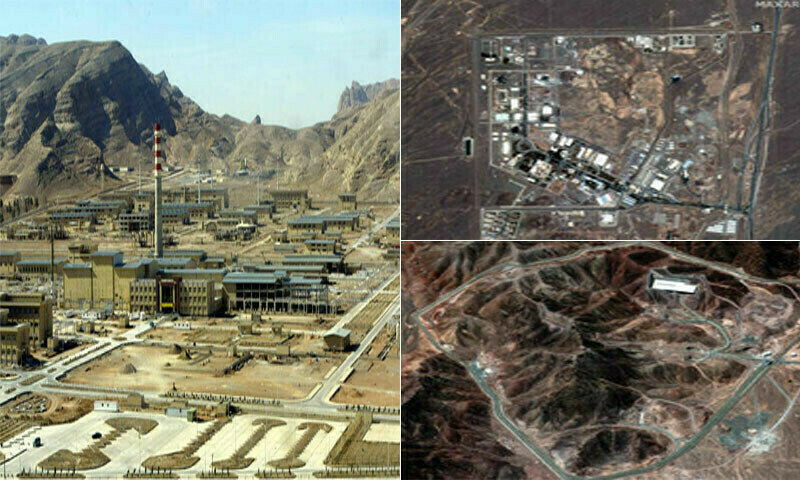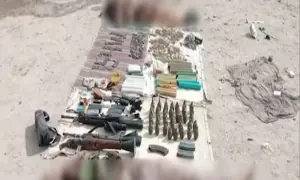US bombs three Iran nuclear sites, including Fordow
US President Donald Trump confirmed that the United States military has carried out air strikes on three nuclear facilities in Iran, marking a significant escalation and a direct entry into Israel’s ongoing military campaign against Iran.
The operation, aimed at disabling Iran’s nuclear infrastructure, has raised fears of a broader regional conflict.
According to President Trump, the US military targeted the Fordow, Natanz, and Isfahan nuclear sites.
He announced on social media that the mission was “very successful,” and that all American aircraft had safely exited Iranian airspace.
He described the moment as “historic,” calling on Iran to end what he termed a war.
Iran’s state media reported that an attack triggered air defences at the Fordow site.
The International Atomic Energy Agency (IAEA) has previously confirmed that Fordow was involved in uranium enrichment.
The strikes follow more than a week of Israeli operations targeting Iranian air defenses and missile capabilities.
While those attacks softened strategic positions, US officials say the deeply buried nature of Iran’s nuclear sites required the use of American assets, including the B-2 stealth bomber and possibly the GBU-57 Massive Ordnance Penetrator — a 30,000-pound bunker-busting bomb designed for fortified underground targets. If used, it would mark the first operational deployment of the weapon.
The decision to authorize the strikes comes amid weeks of debate within the Trump administration, with the president publicly committing to diplomacy until recently.
Talks between Washington and Tehran had failed to produce a new agreement to limit Iran’s nuclear programme.
Trump had earlier persuaded Israeli Prime Minister Benjamin Netanyahu to delay action to give diplomacy a chance, but that window now appears closed.
Iran’s Supreme Leader Ayatollah Ali Khamenei warned last week that any US attack would cause “irreparable damage.”
Iran’s foreign ministry described potential US involvement as a path to “all-out war.”
In response to the latest developments, Houthi forces in Yemen, aligned with Tehran, have threatened to resume attacks on US vessels in the Red Sea.
Meanwhile, the Israeli military stated that its operations have significantly weakened Iranian defenses.
American involvement, it appears, was prompted in part by Israeli requests for specialized military capabilities — particularly to disable Fordow.
While the full extent of the damage remains unclear, concerns have emerged over potential environmental risks.
Experts from the IAEA have warned that attacks on highly enriched uranium facilities could result in radioactive contamination if containment is breached.
The situation marks a dramatic shift for Trump, who had long opposed US military entanglement abroad.
His supporters, including influential figures like Tucker Carlson, have criticized the decision as a break from his non-interventionist campaign promises.
US officials have also begun “assisted departure flights” from Israel for American citizens, the first since the Hamas-led attacks in October 2023.
The conflict traces back to Trump’s 2018 withdrawal from the Iran nuclear deal brokered under President Obama.
Trump had consistently criticized the deal for failing to address Iran’s broader regional activities and missile programme.
For the latest news, follow us on Twitter @Aaj_Urdu. We are also on Facebook, Instagram and YouTube.


























Comments are closed on this story.